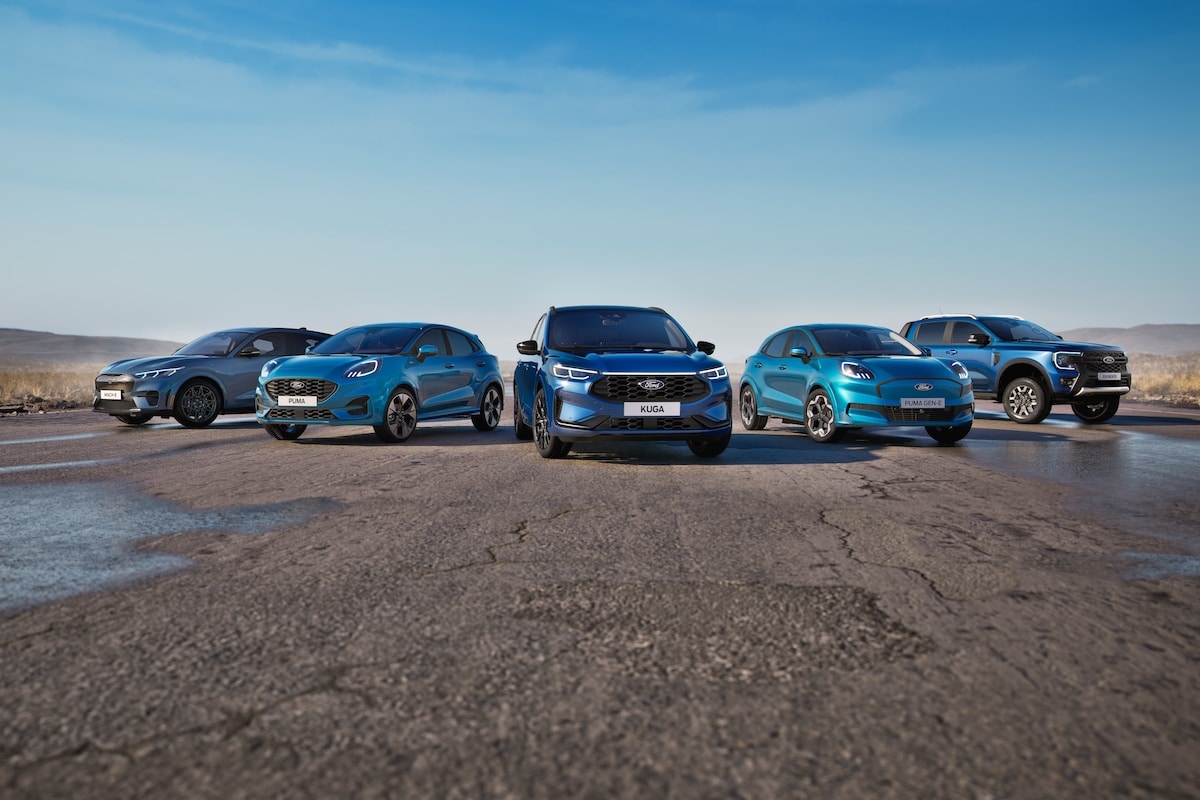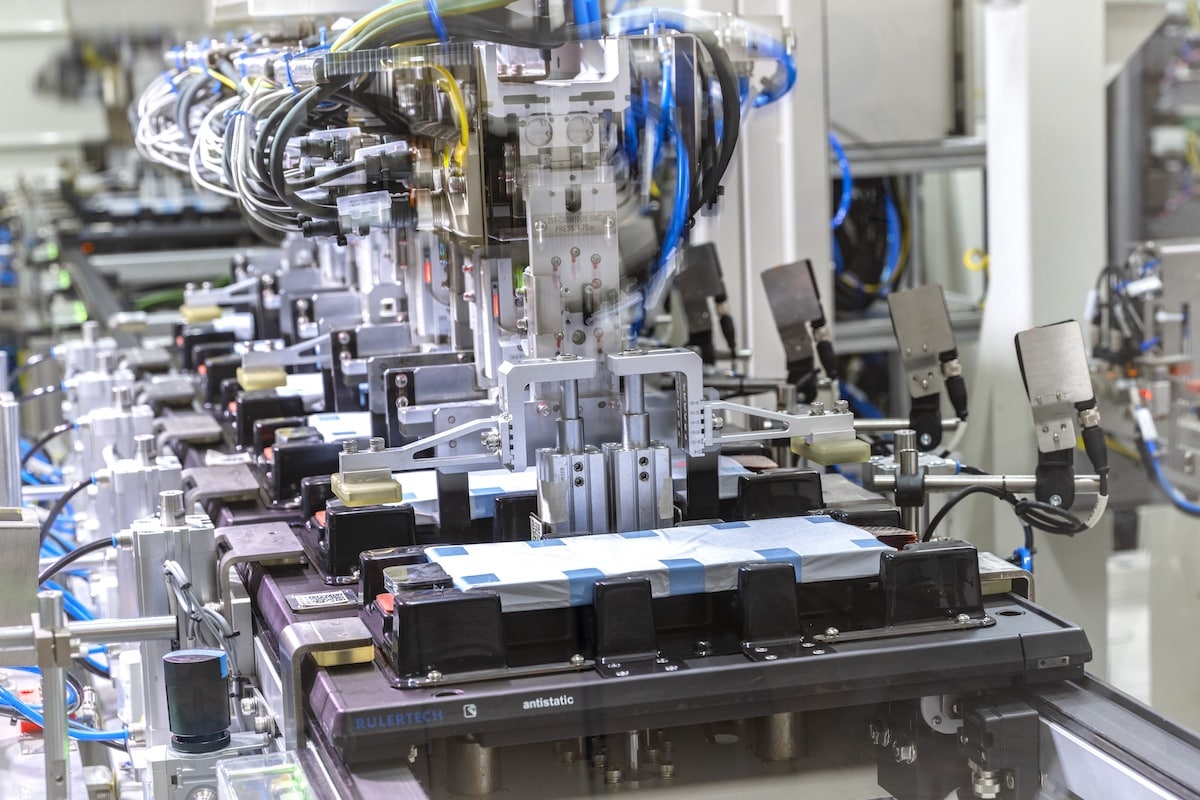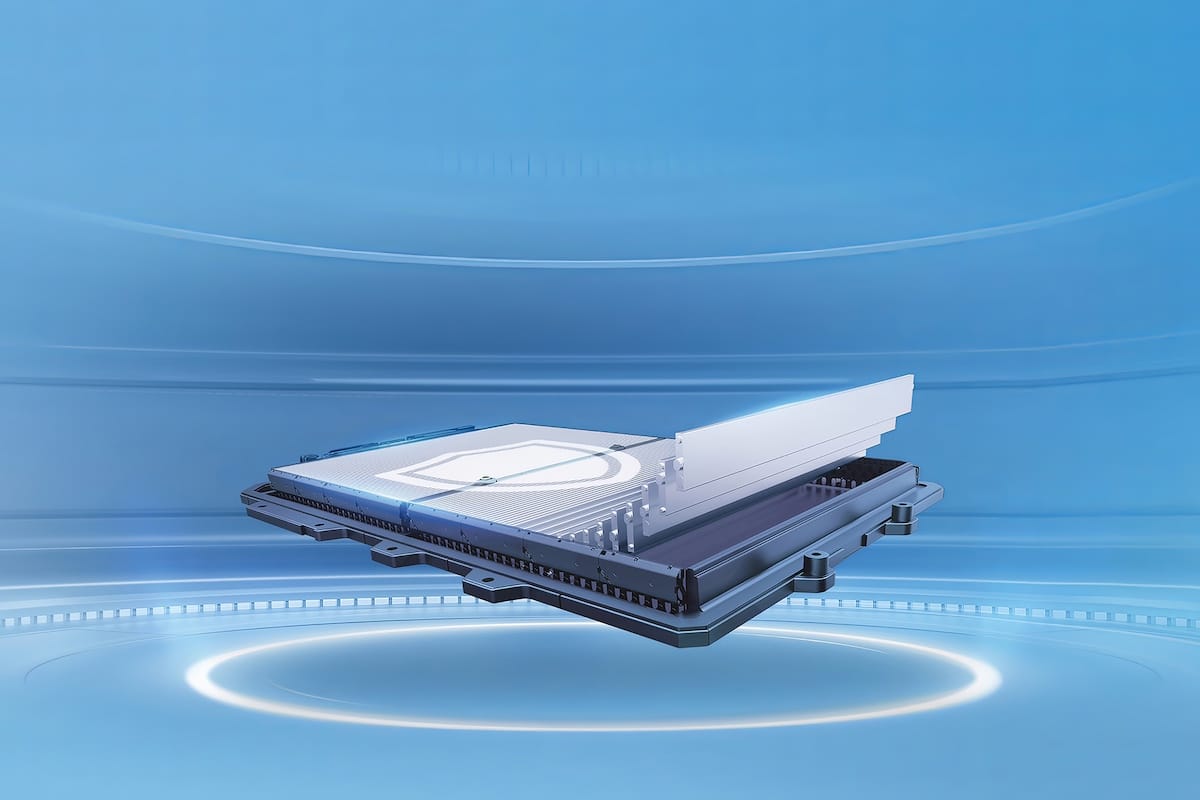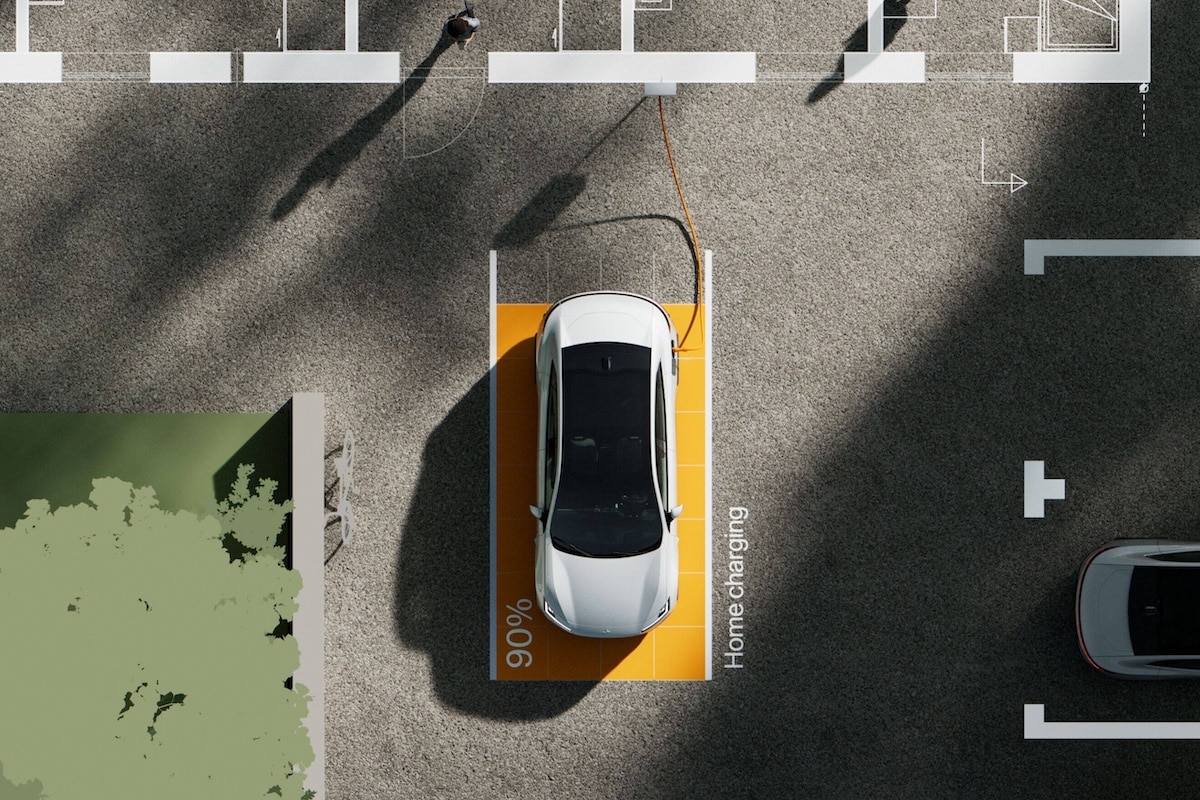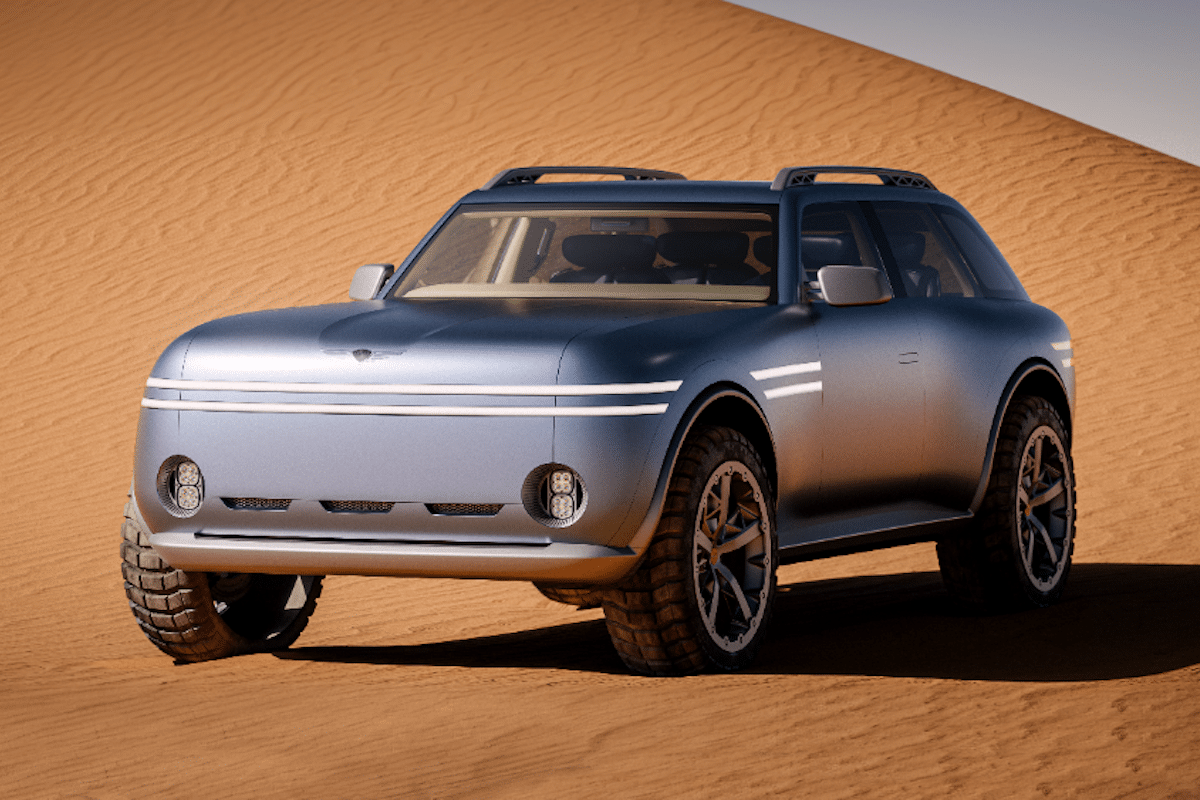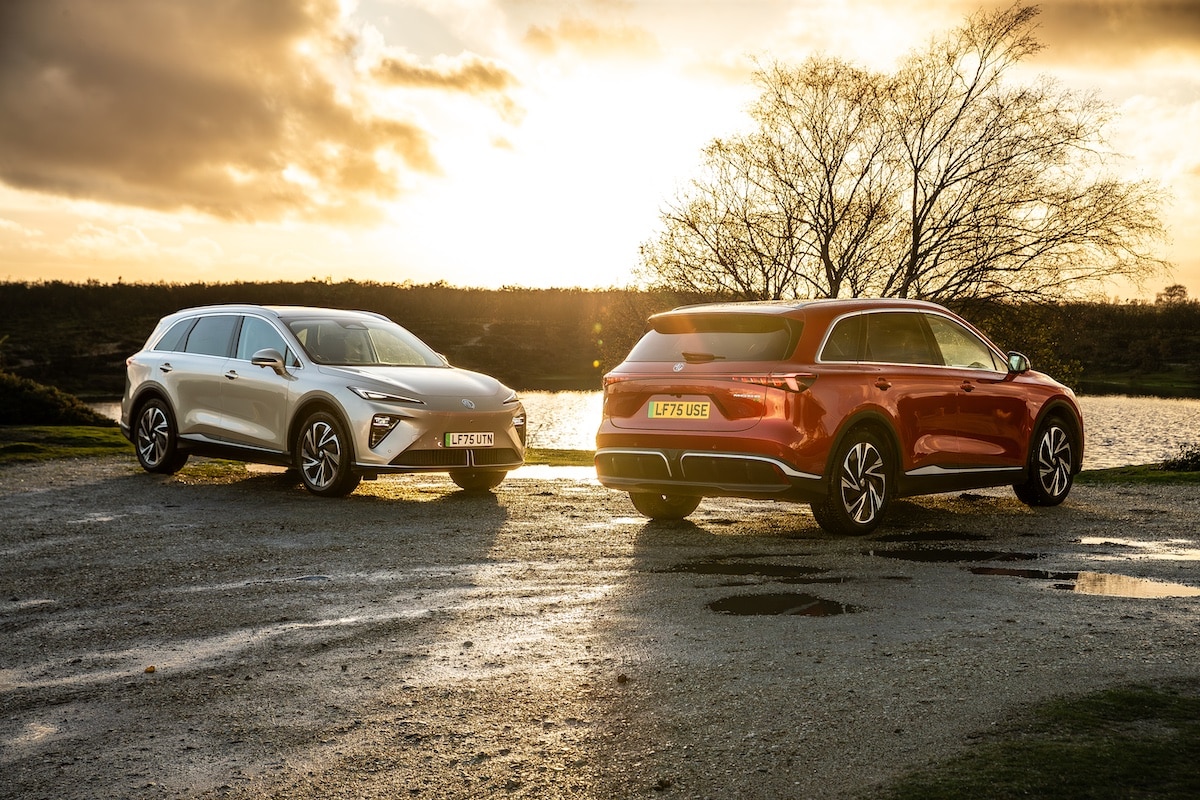Ford Ventures into Battery Manufacturing in the United States
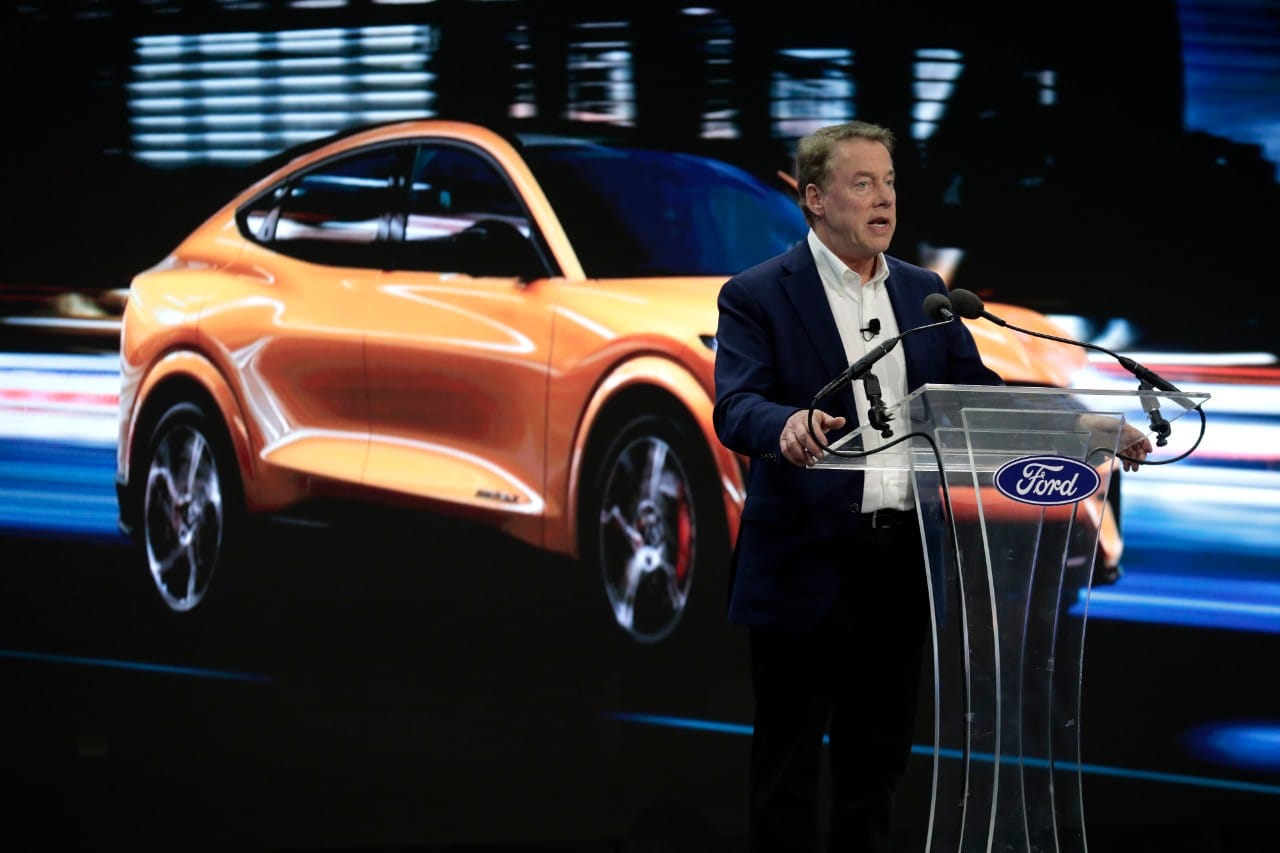
Ford, an American automotive giant, has partnered with Chinese company CATL to produce nickel-cobalt-manganese (NCM) and lithium-phosphate iron (LFP) batteries.
Developing electric vehicles is good, but first you need to have the resources to manufacture them, especially the expertise in batteries to improve range and reduce costs.
While some manufacturers prefer to outsource to cut immediate expenses, Ford has chosen to look further ahead by building its own battery manufacturing plant in Michigan, the birthplace of American car industry.
Americans remain cautious about electric vehicles. In a country with cheap oil, many still support fossil fuels. This is to continue driving large engines, but also to preserve jobs in the oil industry. Ford is among those who believe in electric, with an ambitious investment: $50 billion spent until 2026 to electrify its product lineup. According to the manufacturer, 600,000 electric cars could roll off the production lines by the end of 2023, a figure that would increase to 2 million by the end of 2026.
But to keep up this pace, mastering all aspects of production is necessary, especially the manufacturing of the famous batteries. Ford has therefore partnered with Chinese giant CATL, the world’s largest lithium-ion battery producer, to establish a new factory called BlueOval Battery Park Michigan, located in Marshall.
The first good news is that this plan includes creating 2,500 jobs in a state that has suffered greatly in the past from the automotive industry crisis, with the closure of many plants.
Two Types of Batteries
Another major announcement is Ford and CATL’s decision to produce two types of batteries: nickel-cobalt-manganese (NCM) units and other lithium-iron phosphate (LFP) technology batteries, to meet all needs.
“Ford’s electric vehicle lineup has generated huge demand. To supply as many electric vehicles as possible to customers, we are the first automaker committed to manufacturing both NCM and LFP batteries in the United States,” said Jim Farley, Ford’s president and CEO. “We are honoring our commitments as we develop LFP and NCM batteries, and thousands, soon millions, of customers will begin to enjoy the benefits of Ford electric vehicles with advanced, sustainable battery technologies that are becoming increasingly affordable over time.”
More affordable to produce, LFP batteries are also more reliable in the long term and maintain good durability even with repeated recharges. They will equip the Ford Mustang Mach-E 2023 and Ford F-150 Lightning in 2024.
Also read: Where does the lithium in our electric car batteries come from?
This page is translated from the original post "Ford se lance dans la fabrication de batteries aux Etats-Unis" in French.
We also suggestthese articles:
Also read
